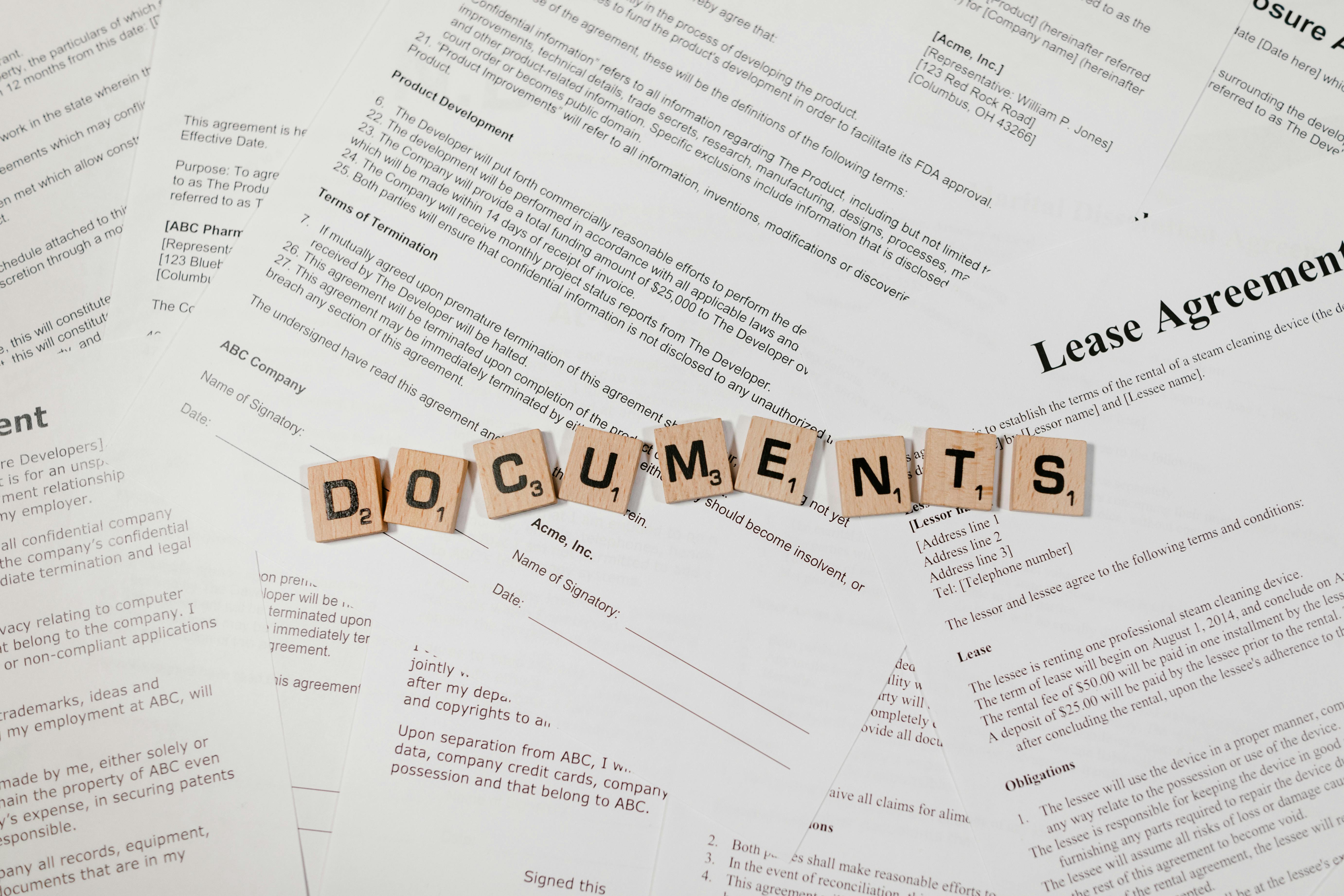How to Stay Compliant With State Rental Laws (Without the Headache)

Owning rental property can be a rewarding investment, but it also comes with the responsibility of following state and local rental laws. Regulations vary widely from one state to another, and even seasoned landlords can feel overwhelmed by the legal details. Fortunately, staying compliant doesn’t have to be a headache. With the right systems in place, you can protect yourself legally, keep tenants happy, and run your rental business more smoothly.
1. Know the Laws in Your State and City
The first step is understanding that rental laws aren’t “one size fits all.” What applies in California might not be relevant in Texas or Florida. Some states have strict rent control rules, while others offer more flexibility. Cities may also have ordinances around safety, inspections, or occupancy limits.
To avoid costly mistakes, start by reviewing your state’s landlord-tenant handbook or official housing authority website. Many states provide free resources that break down landlord responsibilities in plain language. It’s also wise to consult with a local attorney or property management company to clarify specific requirements.
2. Put Everything in Writing

Verbal agreements may seem easier, but they rarely hold up in disputes. A well-drafted lease agreement ensures compliance with state laws while also protecting your interests. Make sure your lease includes:
- Rent amount and due date
- Security deposit rules (aligned with state caps and return deadlines)
- Maintenance responsibilities
- Policies on late fees, pets, and subletting
Standardized templates are available online, but they should always be reviewed and customized to meet your state’s regulations.
3. Handle Security Deposits Correctly
Security deposits are one of the most common sources of landlord-tenant disputes. States often regulate how much you can charge, where the deposit must be held (sometimes in a separate escrow account), and how quickly you must return it after move-out. Failure to follow these rules can lead to penalties, including paying tenants back more than the original deposit. Keeping accurate records and receipts makes this process smoother and compliant.
4. Prioritize Safety and Habitability

Almost every state requires landlords to provide safe and habitable housing. This means ensuring working utilities, proper locks, pest-free living, and compliance with building codes. Regular property inspections, quick response to maintenance requests, and keeping up with local safety requirements (like smoke detectors and carbon monoxide alarms) go a long way in staying compliant and preventing legal issues.
5. Stay Organized With Documentation
Good record-keeping is your best defense in case of disputes. Keep copies of signed leases, maintenance requests, inspection reports, and tenant communications. Digital property management tools make it easier to store everything in one place and provide a paper trail if needed.
6. Keep Learning and Stay Updated
Laws change, and ignorance is not an excuse in the eyes of the law. Set reminders to review state updates annually and join local landlord associations where changes are often shared. Attending webinars or subscribing to real estate legal newsletters can also help you stay ahead.
Final Thought
Compliance with rental laws may seem daunting, but it becomes manageable once you build habits of staying informed, documenting everything, and being proactive about tenant needs. By putting these practices in place, you can avoid legal headaches, protect your investment, and create a smoother rental experience for both you and your tenants.
For legal help in California and your other needs, contact BERYS LAW on this page. We also offer courses on real estate investing, landlording, and templates right here!
Stay connected with news and updates!
Join our mailing list to receive the latest news and updates from our team.
Don't worry, your information will not be shared.